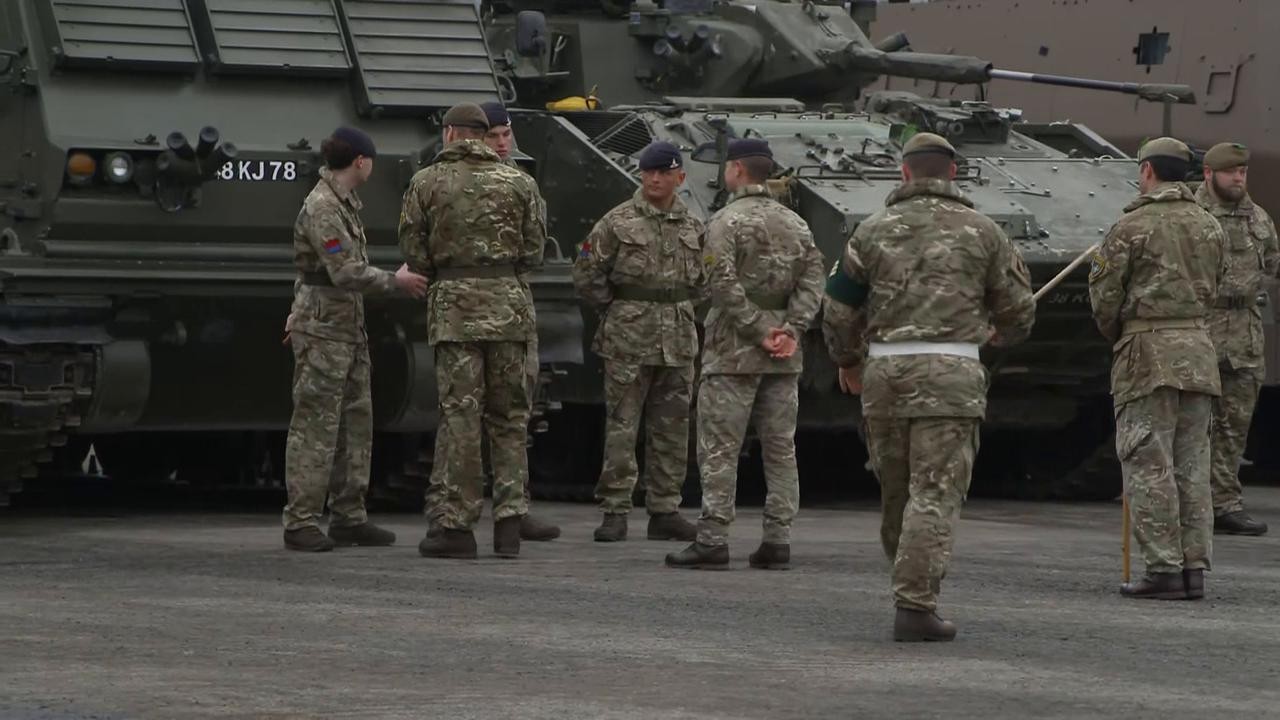
In a powerful display of military solidarity, Prince William, the Prince of Wales, visited British troops stationed near the Russian border in Estonia, marking the UK's largest current overseas military deployment.
Dressed in full camouflage uniform and sporting a NATO badge, the prince toured the Tapa Camp military training grounds as part of Operation Cabrit - the UK's contribution to NATO's defensive presence in the Baltic region. The visit included hands-on experiences with military equipment, including a Challenger 2 tank and various armored vehicles.
The prince engaged with some of the 900 British troops deployed there, including members of the Mercian regiment where he serves as colonel-in-chief. He showed particular interest in the troops' experiences operating so close to the Russian border and discussed how the proximity affects their training mindset.
The strategic significance of the location was apparent - the very same base that once housed Soviet MIG fighters now serves as a crucial NATO defensive position. Prince William explored various military assets, including French Griffon vehicles, rocket launch systems, and an Archer mobile artillery system.
During discussions with personnel, the prince addressed modern warfare challenges, particularly focusing on drone threats and tactical adaptations. He also emphasized mental health support for service members, discussing with welfare officers the progress in reducing stigma around mental health in the armed forces.
The royal visit extended beyond military matters. In Tallinn, Estonia's capital, hundreds of locals braved cold weather to greet the prince. He also visited a school supporting Ukrainian refugee children, where he praised Ukrainian resilience and spirit.
Estonia, sharing a border with Russia and having experienced Soviet rule, has emerged as a strong ally of Ukraine. The prince's presence near the Russian border sent a clear message about the UK's commitment to defending its NATO allies and deterring potential aggression.
The visit highlighted the evolving nature of military operations and international cooperation in Eastern Europe, while reinforcing the strong bonds between the UK and Estonia in the face of regional security challenges.